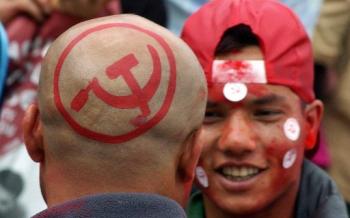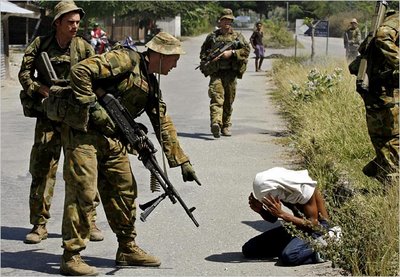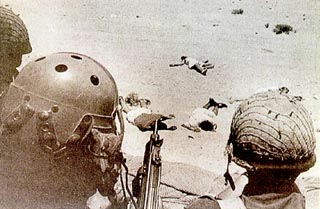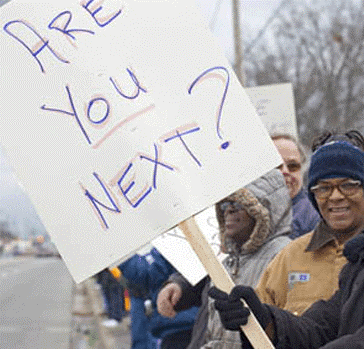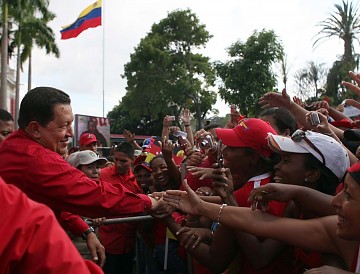– Daphna Whitmore
Some walked for miles to cast their vote. It was soon clear millions had voted for radical change in Nepal. The Maoists are by far the largest party in the Constituent Assembly and have promised to end the feudal-monarchy and to mobilise against poverty and repression.
The groundswell began in 1996 with a Maoist-led armed struggle in the rural areas. Within a decade they had established Red Zones in 80 percent of the countryside. Land reforms, campaigns for women’s equality, literacy drives and new infrastructure projects changed the physical and political landscape.
Jared Phillips from the Workers Party travelled to Nepal in 2003 and was one of the first Westerners to visit the Red Zones. He was impressed by what he saw and spoke of the women’s movement there. “It is one of the most advanced in the world today” he said. “The difference between the situation of women in the liberated areas and women in old Nepal was mind-blowing. In Kathmandu women were like slaves to the men; waiting on them hand and foot. Walking along the street women would have their eyes to the ground. What a contrast it was in the Red Zones. Women would come up and give the clench-fist salute and shake my hand saying ‘Lal Salaam’, which means red salute. They were very confident, and self-assured.”

